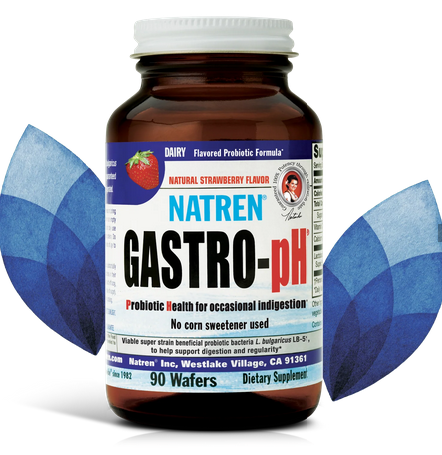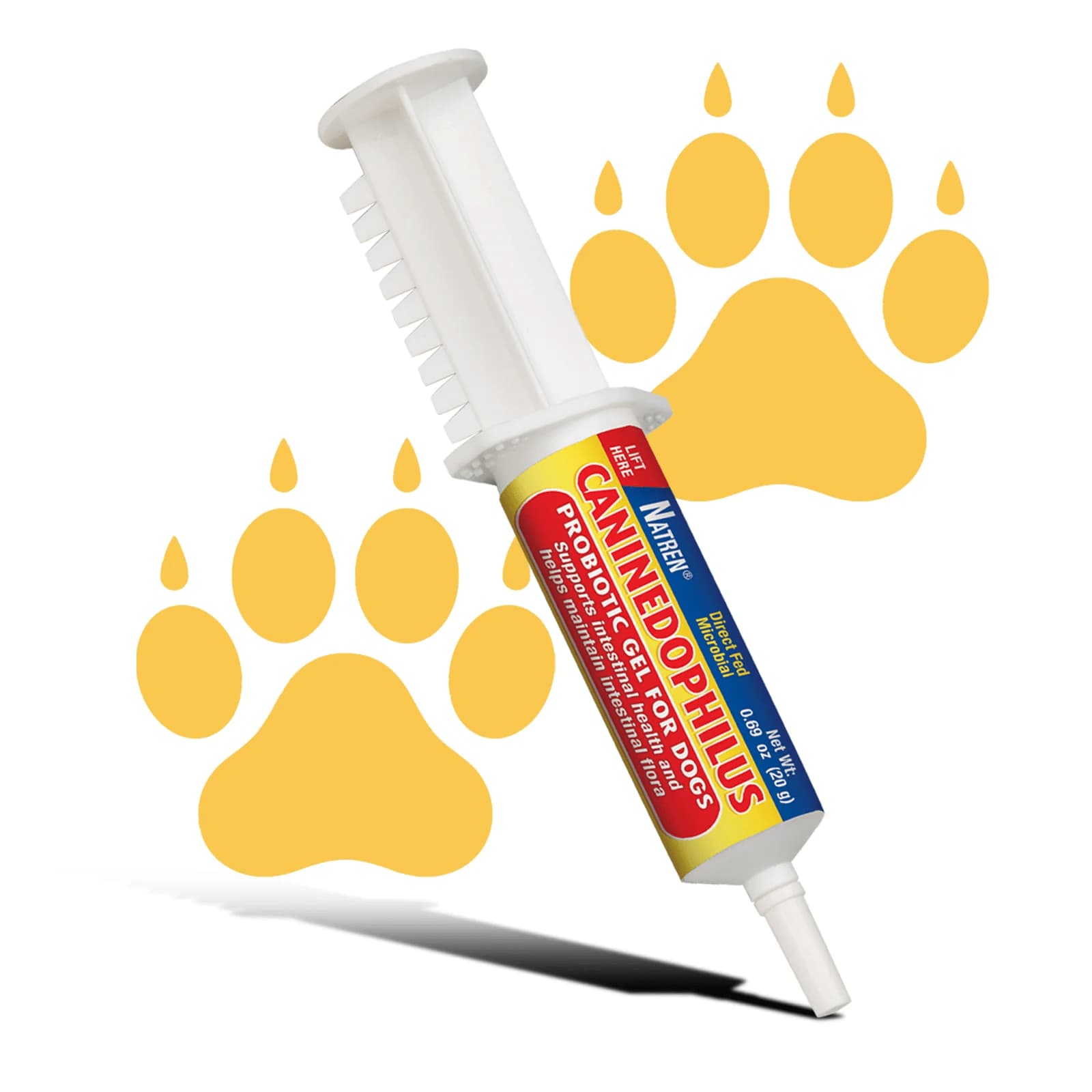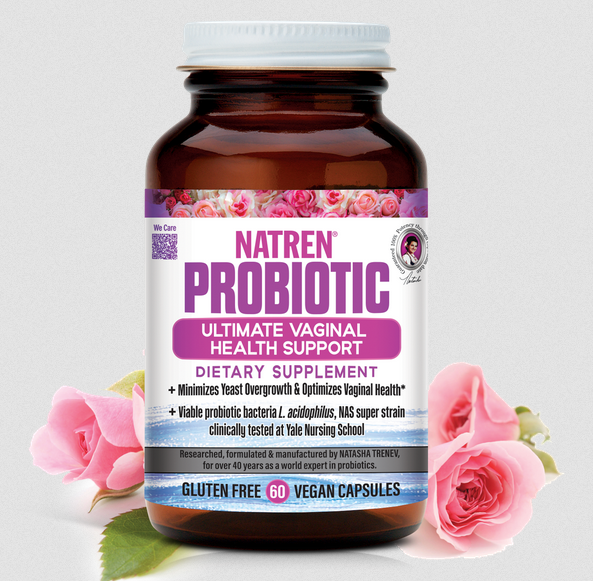 Tiered Link Strategy – Multiply Your SEO Impact Today!
Tiered Link Strategy – Multiply Your SEO Impact Today!
Understanding the Role of Probiotics in Pet Health
Written by oliviagadecki » Updated on: June 23rd, 2025

In recent years, the health and wellness of pets have garnered increasing attention from pet owners and veterinary professionals alike. One area that has emerged as particularly promising is the use of probiotics for pets. Just as in humans, probiotics—live microorganisms that provide health benefits when consumed in adequate amounts—are believed to play a crucial role in maintaining and enhancing the overall health of our furry companions.
This article will delve into the significance of probiotics in pet health, exploring their benefits, applications, and how they can be effectively integrated into a pet's diet.
The Basics of Probiotics
Before diving into their specific applications for pets, it is essential to understand what probiotics are and how they function. Probiotics are types of beneficial bacteria that reside in the gastrointestinal tract. They help maintain a balanced gut microbiome—a complex ecosystem of microorganisms that plays a significant role in digestion, immune function, and overall health.
A healthy gut microbiome is vital for pets, as it helps break down food, absorb nutrients, and fend off harmful bacteria and pathogens. When this balance is disrupted, it can lead to various health issues, including gastrointestinal disorders, allergies, and weakened immune responses. Introducing probiotics can help restore this balance, ultimately promoting better health outcomes.
Benefits of Probiotics for Pets
The benefits of probiotics for pets are extensive and multifaceted. One of the most well-documented advantages is their ability to enhance digestive health. Pets with gastrointestinal issues, such as diarrhea, constipation, or inflammatory bowel disease, may experience significant relief when probiotics are introduced into their diet. These beneficial bacteria work by improving gut motility, enhancing nutrient absorption, and reducing inflammation in the digestive tract.
In addition to digestive health, probiotics can also bolster the immune system of pets. A healthy gut microbiome is closely linked to a robust immune response. Research indicates that probiotics can stimulate the production of antibodies and enhance the activity of immune cells, helping pets fend off infections and illnesses more effectively. This immune support is particularly beneficial for pets undergoing stress, such as those recovering from surgery or experiencing environmental changes.
Moreover, probiotics have been shown to have a positive impact on skin health in pets. Conditions such as allergies, dermatitis, and other skin irritations can often be traced back to imbalances in the gut microbiome. By improving gut health, probiotics can help alleviate these skin issues, leading to healthier coats and reduced itching or discomfort.
Choosing the Right Probiotics for Pets
Selecting the appropriate probiotics for pets can be a daunting task given the plethora of options available on the market. Not all probiotics are created equal, and it's crucial to choose a product specifically formulated for pets to ensure efficacy and safety. When looking for probiotics, consider the following factors:
Strain Specificity: Different strains of probiotics serve various functions. For example, Lactobacillus and Bifidobacterium are commonly used strains that can aid in digestion and immune support. Researching which strains have been studied and shown to benefit pets can help guide your selection.
Colony Forming Units (CFUs): The effectiveness of probiotics is often measured in CFUs, which indicate the number of viable bacteria in a given dose. For pets, look for products that provide a sufficient CFU count to ensure that they receive an adequate dose of beneficial bacteria.
Formulation: Probiotics for pets come in various forms, including powders, capsules, and treats. The best choice often depends on your pet's preferences and any specific dietary needs they may have. For instance, some pets may be more inclined to consume tasty probiotic treats, while others may benefit from powdered formulations that can be mixed into their food.
Veterinary Recommendations: Consulting with a veterinarian before introducing probiotics into your pet's diet is highly advisable. A veterinarian can provide personalized recommendations based on your pet's health status, dietary habits, and any existing conditions.
Integrating Probiotics into a Pet's Diet
Incorporating probiotics into your pet's diet can be a straightforward process, but it requires some thought and consideration. If you decide to use a probiotic supplement, start with a small amount to allow your pet's digestive system to adjust. Gradually increase the dosage as recommended on the product label or by your veterinarian.
If you prefer a more natural approach, consider adding probiotic-rich foods to your pet's diet. Certain fermented foods, such as plain yogurt (without artificial sweeteners or additives) or kefir, can be beneficial. However, it's essential to ensure that the foods you choose are safe for your specific pet, as some animals may be lactose intolerant.
Furthermore, monitoring your pet's response to probiotics is crucial. Keep an eye out for any changes in their digestive health, behavior, or energy levels. If any adverse reactions occur, such as increased diarrhea or vomiting, discontinue use and consult your veterinarian.
The Future of Probiotics in Veterinary Medicine
As the understanding of probiotics continues to evolve, ongoing research is necessary to uncover their full potential in veterinary medicine. Studies are increasingly focusing on the specific strains of probiotics that yield the most significant benefits for pets, as well as their applications in various health conditions. For instance, research is being conducted on the role of probiotics in managing obesity, dental health, and even behavioral issues in pets.
Moreover, as pet owners become more aware of the importance of gut health, the market for probiotics for pets is likely to expand. This growth may lead to the development of more targeted products that cater to specific health concerns, providing pet owners with even more tools to support their animals’ wellbeing.
In summary, the role of probiotics in pet health is an exciting and rapidly evolving field. The potential benefits of probiotics for pets are vast, ranging from improved digestive health to enhanced immune support and skin health. As research continues to uncover the complexities of the gut microbiome, pet owners can increasingly rely on probiotics as a valuable component of their pet's health regimen. By incorporating the right probiotics into their pets’ diets, owners can take proactive steps towards ensuring a longer, healthier, and happier life for their beloved companions.
Note: IndiBlogHub features both user-submitted and editorial content. We do not verify third-party contributions. Read our Disclaimer and Privacy Policyfor details.
Copyright © 2019-2025 IndiBlogHub.com. All rights reserved. Hosted on DigitalOcean for fast, reliable performance.









